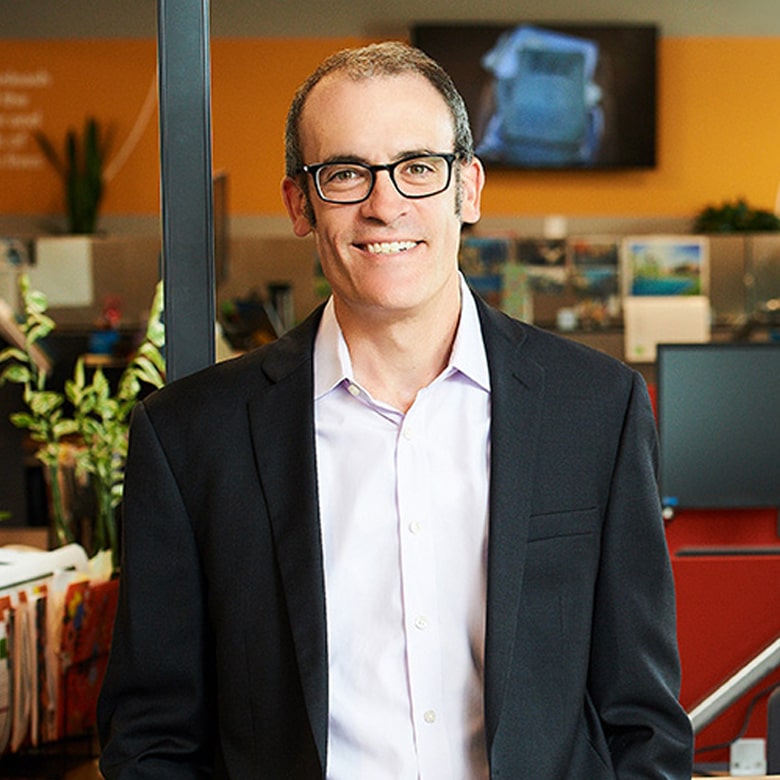While our earlier salons focused on how to shift the status quo in philanthropy and why philanthropists need to be thinking at the systemic level, this discussion, titled Why Not Now? Putting Systems Change Rhetoric into Funding Practice, built on the insights and reflections of previous conversations to discuss challenges and practical strategies for moving to action in response to the urgency of change demanded by this moment, and also *both* social entrepreneurs and funders. This was also reflected earlier this year when 30+ funders signed on to a co-authored letter by social entrepreneurs, which outlined ten principles for funding systems change. But what comes next?
Ashoka, Catalyst 2030, Chandler Foundation, Geneva Global, and Panorama Global are working together to develop a funders pledge that formalizes the letter’s principles and provides meaningful, actionable steps for funders to craft transformative donor-grantee relationships, increase transparency and equity in their funding practices, and support systems change efforts more effectively. More than thirty leaders in philanthropy came together to discuss the potential pledge, what it should include, and how to support signatories going forward.
Here are six takeaways from the conversation:
1. Foster a peer-led initiative.
Every funder is different — size, location, budget, or staffing approaches — and a “one-size-fits-all” pledge will not work. Everyone’s entry point into this journey to fund more impactfully in systems change will be different. A commitment that is both flexible and offers options will acknowledge different funders’ unique needs and capabilities. Understanding that some funders may be able to achieve more than others in the short term is imperative to fostering widespread adoption and downstream systemic impact.
2. Reduce barriers to adoption by offering multiple entry points and bespoke commitments.
Every funder is different. Whether their size, location, budget, or staffing approaches, a “one-size-fits-all” pledge is not going to work. There need to be options established within the pledge that acknowledge the unique needs and capabilities of different funders. Understanding that some funders may be able to achieve more than others in the short-term is imperative to fostering widespread adoption.
3. Encourage transformative approaches to funding and organizational management.
Many philanthropy leaders noted that their organizations have shifted dramatically in the last decade as they center lived experience in their strategic decision making, shift recruiting practices, increase the percentage of unrestricted grants, embrace transparency and accountability, work with more locally-led organizations, and create a more level playing field for donors and doers. Salon participants observed repeatedly that it is critical for funding organizations to understand their own role within the systems they are trying to change and how they function as systems themselves. That self-awareness is crucial for putting a potential pledge’s principles into practice.
4. Ensure the pledge is action-oriented.
Some participants mentioned “pledge fatigue” and “pledge abundance” and that many pledges today are signed half-heartedly. This new pledge needs to offer specific, concrete, feasible action items that make it easy for funders to enact change and work within the constraints of their environments (including the very real political economies of many private philanthropies). Simply agreeing to a set of principles is not enough.
5. Create connections and opportunities for Board involvement.
A funding organization’s board plays a monumental role in its ability to execute its strategic vision. Creating ways for board members to be involved in decision making and understand the impact of their decisions—such as bringing grantees to board meetings for candid conversations—can help philanthropy managers and leaders secure the green light needed to move forward with change management projects such as a pledge.
6. Acknowledge that philanthropy does not have everything figured out yet.
While there have been major improvements in philanthropy’s approach to funding systems change across a variety of sectors, the journey to disengage from philanthropy’s colonial roots is still a work in progress. Attribution has long been an issue that funders have wrestled with—the desire to point to a specific accomplishment and say, “We did that!” There are also big questions that need to be considered—like how to define a “system,” since it may mean different things to different organizations. Additionally, what is expected of those who sign the pledge? Is it all or nothing? Are there opportunities to support incremental change? How are smaller funders supported to have their voices heard? How are commitments measured and whose job is it to hold donors accountable for failure to put the pledge into action? These are all questions that need to be answered in the coming weeks and months.
Where do we go next?
While there may not be a perfect process, there are pathways forward and tools that can accelerate the journey towards more equitable systems change funding practices. This pledge is just one of many needed steps to keep the conversation going. Stay tuned for updates as we work together to move towards action.
This piece was co-authored by Geneva Global (Jenny Waldmann and Nathaniel Heller), Ashoka (Michael Zakaras and Manmeet Mehta), Chandler Foundation (Tim Hanstad and Maura Donlan), Panoroma Global (Bradley Myles), and Catalyst2030 (Jeroo Billimoria and Matt Patten).


